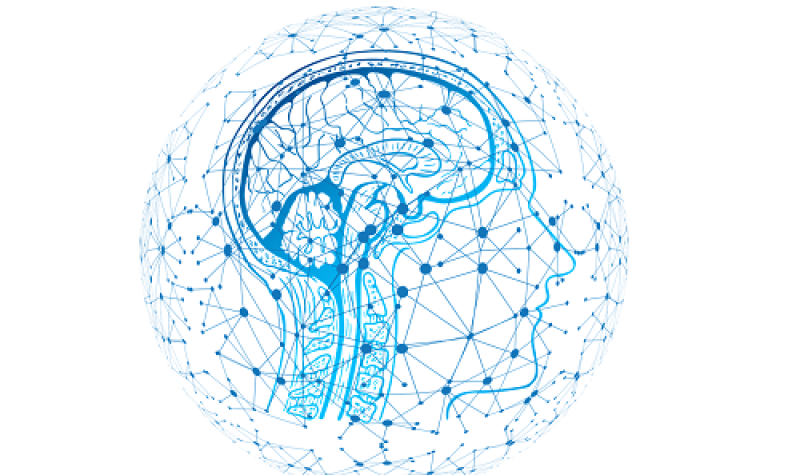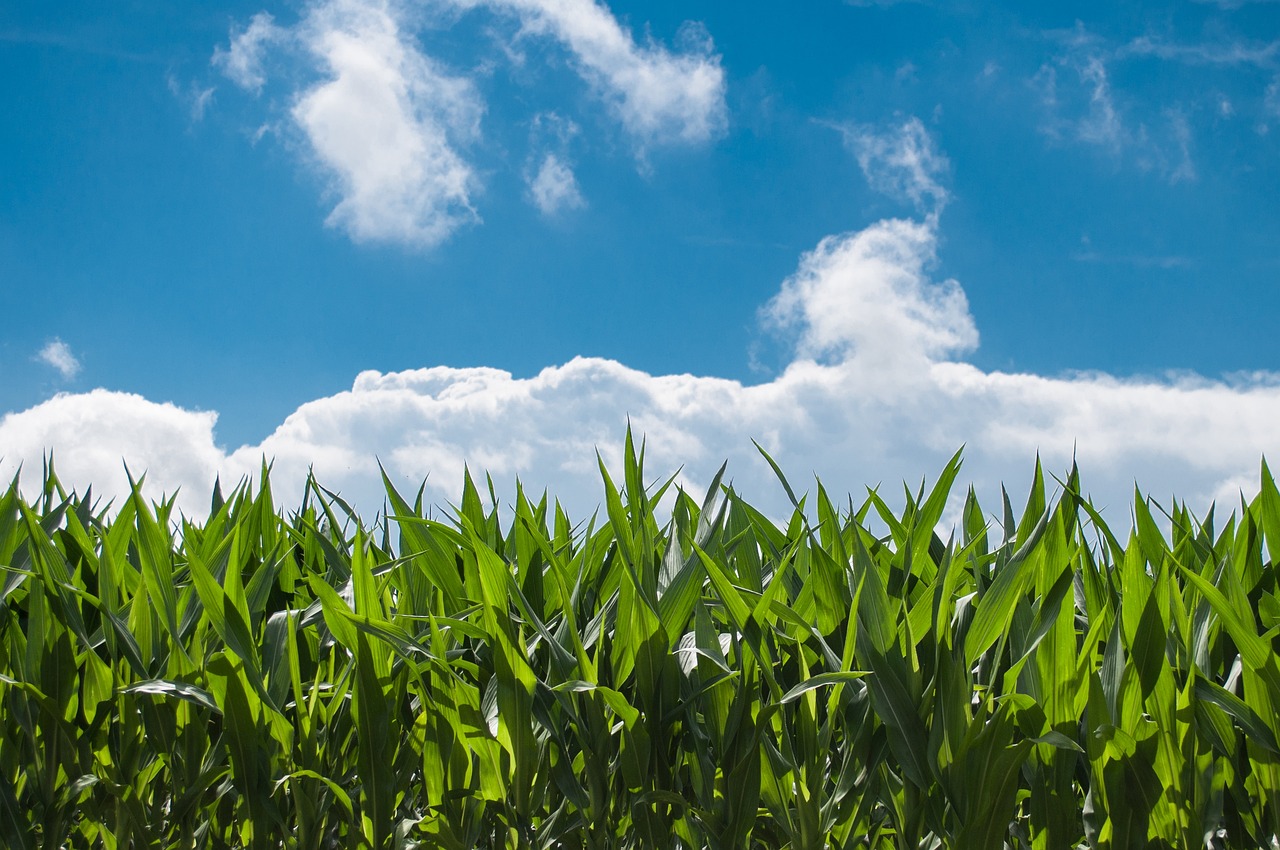Organic farming is a sustainable agricultural practice that relies on natural processes to maintain soil fertility and crop health. In recent years, artificial intelligence (AI) has been increasingly used in organic farming to help farmers improve their yields, reduce their environmental impact, and save money.
There are a number of ways that AI can be used in organic farming. For example, AI can be used to:
Monitor crop health: AI-powered sensors can be used to monitor crop health in real time. This can help farmers to identify and treat pests and diseases early, before they cause significant damage to crops.
Optimize irrigation: AI can be used to optimize irrigation schedules. This can help farmers to save water and reduce the risk of overwatering crops.
Manage weeds: AI can be used to identify and manage weeds. This can help farmers to reduce their reliance on herbicides, which can be harmful to the environment.
Automate tasks: AI can be used to automate tasks such as planting, harvesting, and weeding. This can help farmers to save time and labor costs.

The use of AI in organic farming is still in its early stages, but it has the potential to revolutionize the industry. By helping farmers to improve their yields, reduce their environmental impact, and save money, AI can help to make organic farming more sustainable and affordable.
Here are some specific examples of how AI isa being used in organic farming today:
The company CropHopper uses AI-powered drones to monitor crop health and detect pests and diseases. This information is then used to create customized treatment plans for each field.
The company FarmBot sells robotic farming systems that can be used to plant, water, and harvest crops without any human intervention.
The company Daisy AI uses AI to develop software that helps farmers to manage their farms more efficiently. This software can be used to track crop yields, water usage, and labor costs.
These are just a few examples of how AI is being used in organic farming today. As the technology continues to develop, we can expect to see even more innovative applications of AI in the years to come.
Benefits of using AI in organic farming
There are a number of benefits to using AI in organic farming. These benefits include:
- Increased yields: AI can help farmers to increase their yields by optimizing crop health, irrigation schedules, and weed management.
- Reduced environmental impact: AI can help farmers to reduce their environmental impact by reducing their reliance on herbicides and other chemicals.
- Saved time and labor costs: AI can help farmers to save time and labor costs by automating tasks such as planting, harvesting, and weeding.
Improved profitability: The benefits of AI can lead to improved profitability for organic farmers.
Challenges of using AI in organic farming.
There are also a number of challenges to using AI in organic farming. These challenges include:
- Cost: The cost of AI technology can be a barrier for some farmers.
- Data collection: AI requires large amounts of data to train and operate. This data can be difficult and expensive to collect.
- Regulation: The use of AI in agriculture is still relatively new, and there are a number of regulations that need to be considered
Conclusion
Despite the challenges, the benefits of using AI in organic farming outweigh the risks. As the technology continues to develop, we can expect to see even more widespread adoption of AI in the organic farming industry.


